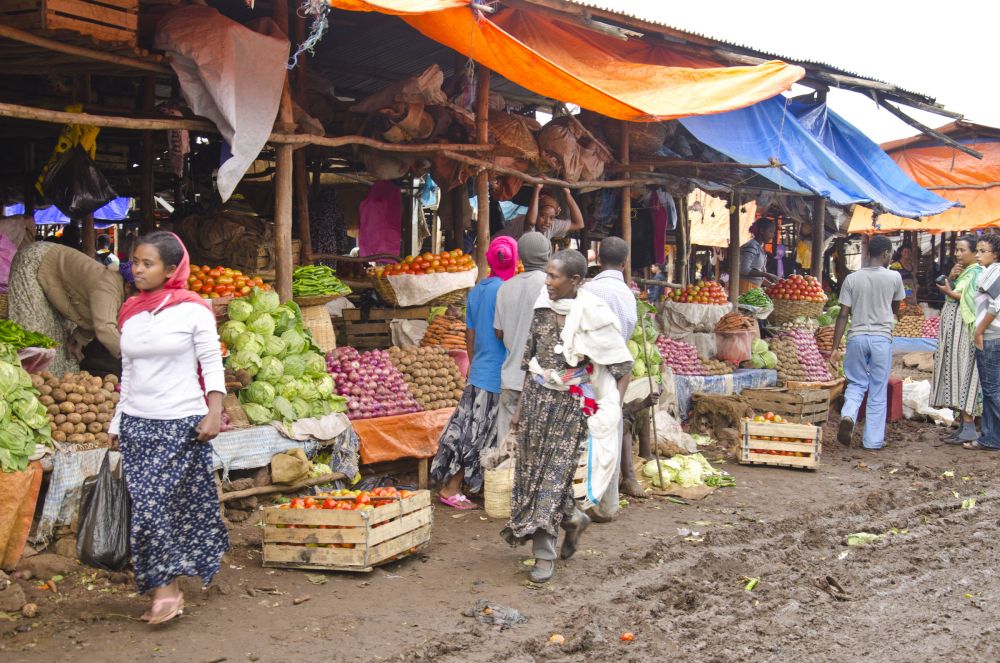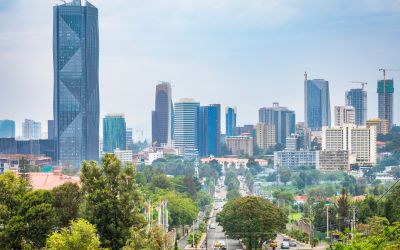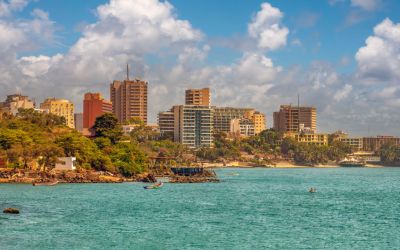Africa’s first waste-to-energy plant to be commissioned in Ethiopia
A new waste-to-energy plant is set to start operations in Ethiopia aiming to revolutionise waste management practices in the country.

A new waste-to-energy plant is set to start operations in Ethiopia aiming to revolutionise waste management practices in the country.
The Reppie thermal plant is being built in Ethiopia’s capital, Addis Ababa, and when commissioned by the beginning of 2018, it will incinerate approximately 1,400 tonnes of waste. This represents 80 percent of the city’s waste generation, accounting for 400,000 tonnes per year.
This means that with a capacity of 110 megawatt thermal (MWth) the power plant will provide electricity to 30 percent of its household electricity needs.
Waste-to-energy incineration plants process waste in a combustion chamber, with the resulting heat used to turn boiled water into steam to drive a turbine generator and produce electricity.
The Rebbie plant will generate approximately 185 gigawatt hours (GWh) per year through two 25 megawatt (MW) steam turbines.
Through the combustion process, it will also sort valuable and finite metals for recycling.
The project is a significant first for the African region, where waste management is an immense problem.
Usually, waste ends up in vast landfill sites or is dumped releasing huge amounts of plastic and chemicals into the ecosystems.
Zerubabel Getachew, Ethiopia’s deputy permanent representative to the United Nations in Nairobi commented: “The Reppie project is just one component of Ethiopia’s broader strategy to address pollution and embrace renewable energy across all sectors of the economy”.
“We hope that Reppie will serve as a model for other countries in the region, and around the world”, he added.
Such plants are considered a dual win, as not only they divert huge amounts of waste, which would otherwise end up in vast landfill sites by generating electricity- especially for regions with deficit in energy access but they also prevent the release of toxic chemicals into groundwater and reduce methane emissions, a harmful greenhouse gas (GHG) 25 times more climate change potent than carbon dioxide generated in landfills.
The Reppie plant operates within the emissions standards of the European Union, also contributing to air pollution mitigation efforts.
In Europe, waste-to-energy power plants are considerably popular, as nearly 25 percent of municipal waste is incinerated.
France alone has 126 waste-to-energy plants, Germany 121 and Italy 40.
The project is the result of a private-public partnership of Ethiopia’s government with a consortium of international companies, including Cambridge Industries (CIL) and China National Electric Engineering Co (CNEEC).
Image credits: Leo Lyons Photography


